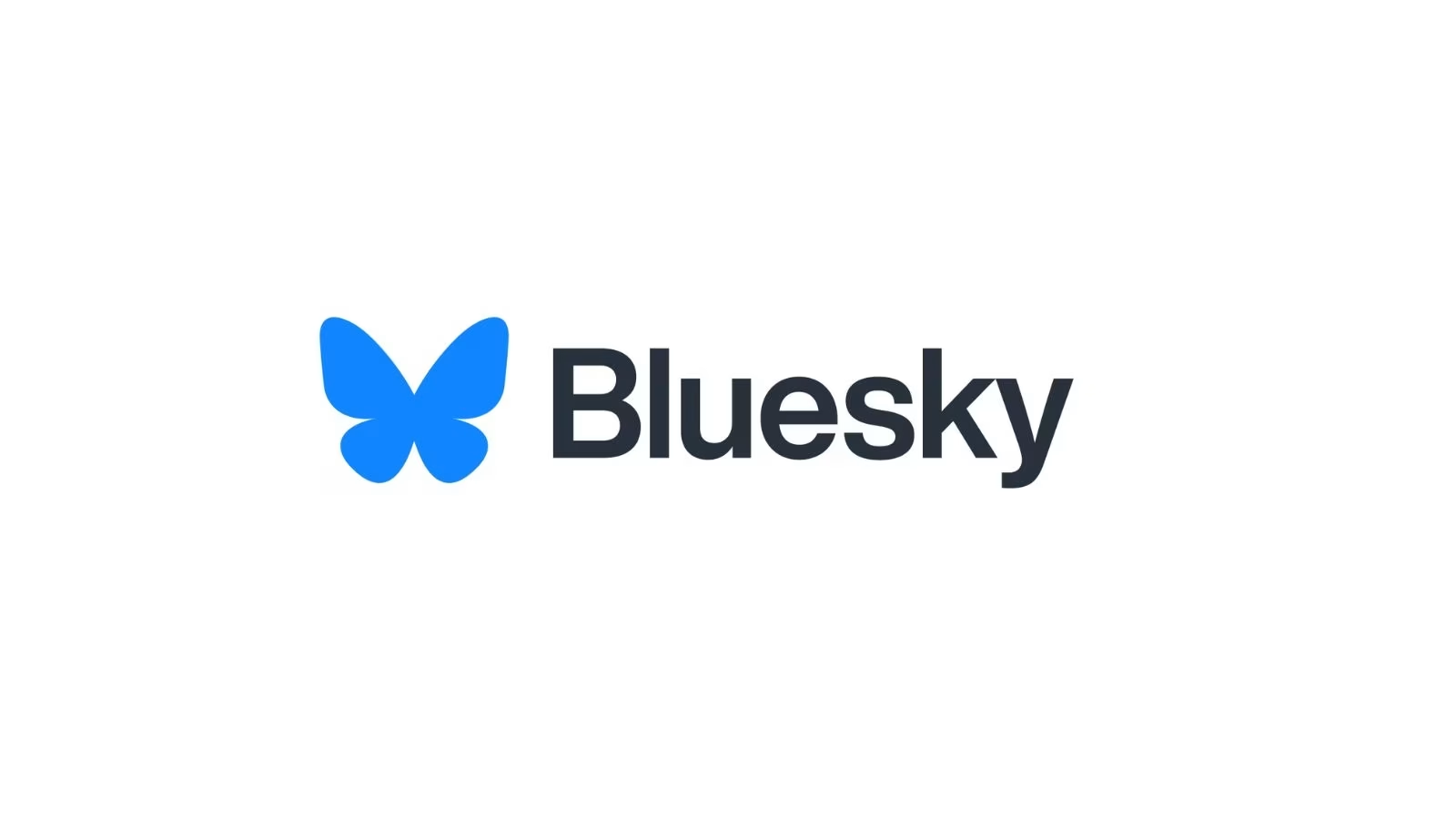Bluesky Restricts Access for Mississippi Users Citing New Age Verification Law
In a significant development for the decentralized social media landscape and digital rights, users attempting to access the Bluesky app from Mississippi IP addresses are now finding themselves blocked. The platform, known for its open-source protocol and federated network, announced this decision in a recent post, attributing the move directly to Mississippi's new age verification law for social networks. It's a pretty stark reminder that state-level regulations can have immediate, tangible impacts on how we connect online.
Bluesky's explanation was clear: the new law "would fundamentally change" how it operates. They emphasized that with their relatively small team and limited resources, complying with the stringent requirements of such legislation simply isn't feasible. This isn't just a minor tweak; it's a foundational shift they're unwilling, or perhaps unable, to make.
The Mississippi Law: A Growing Trend in State-Level Regulation
Mississippi's new age verification law is part of a broader, national trend where states are attempting to regulate social media access for minors. These laws typically mandate that social media platforms verify the age of their users, often requiring government-issued IDs or third-party verification services, to prevent underage individuals from accessing content deemed inappropriate or from creating accounts without parental consent. The specifics can vary, but the underlying goal is usually the same: protect children online.
But here's the rub: implementing these systems is no small feat. For larger, well-funded tech giants like Meta or TikTok, while still a headache, it's often a matter of allocating substantial engineering and legal resources. For smaller players, especially those built on decentralized principles, it's a whole different ballgame. The cost, the privacy implications of collecting sensitive user data, and the technical complexity can be overwhelming. And let's be honest, who wants to hand over their driver's license just to post a thought on a social network?
Bluesky's Dilemma: Decentralization Meets Centralized Mandates
Bluesky's decision highlights a critical tension between the ethos of decentralized platforms and the realities of centralized governmental regulation. Decentralized networks, by their very nature, aim to distribute control and data, often prioritizing user privacy and open access. They're not always built with the kind of centralized data collection and verification mechanisms that age verification laws demand. This isn't just about a philosophical disagreement; it's about practical architecture.
The platform's statement explicitly mentioned that compliance would "fundamentally change" its operations. Think about it: to verify age, Bluesky would need to implement a robust system for collecting, storing, and processing sensitive personal information. This goes against the grain for many decentralized services that try to minimize data collection. It also introduces significant security risks and compliance burdens that a small team, focused on building out the core protocol and user experience, is ill-equipped to handle. It's like asking a nimble startup to suddenly become a bank, complete with all the regulatory overhead. They just don't have the infrastructure.
Broader Implications for Users and the Future of Social Media
This move by Bluesky isn't just a blip on the radar; it carries significant implications. First and foremost, it means Mississippi residents are now effectively cut off from a growing social media platform. For those who've invested time in building communities or following specific interests on Bluesky, this is a real loss of access. It also raises questions about digital equity and the potential for a fragmented internet experience based on geographic location and state-specific laws.
Furthermore, this incident serves as a stark warning for other smaller, independent, or decentralized social networks. As more states consider or pass similar age verification laws, these platforms will face the same difficult choice: comply at great cost and potentially compromise their core principles, or withdraw from those markets. Will we see a future where different states have access to different sets of online services? It's a pretty unsettling thought, isn't it? This could stifle innovation in the social media space, pushing out smaller players who can't afford the regulatory overhead, leaving the field open primarily to the tech giants.
What's Next for Mississippi and Decentralized Networks?
For now, Mississippi users with local IP addresses will remain unable to access Bluesky. It's unclear if the platform will explore any alternative compliance methods or if this block is permanent. This situation also puts a spotlight on the broader debate around online age verification. Critics argue these laws can infringe on privacy, are often ineffective, and disproportionately impact smaller platforms. Proponents, of course, emphasize child protection.
As states continue to grapple with how to regulate the internet, especially concerning minors, we're likely to see more of these clashes. The Bluesky situation is a concrete example of how legislative decisions can directly impact user access and the operational viability of online services. It's a complex issue, and there's no easy answer, but one thing is for sure: the digital landscape is becoming increasingly fractured by state lines. We'll be watching to see if other platforms follow suit or if legal challenges emerge against these state-level mandates.
